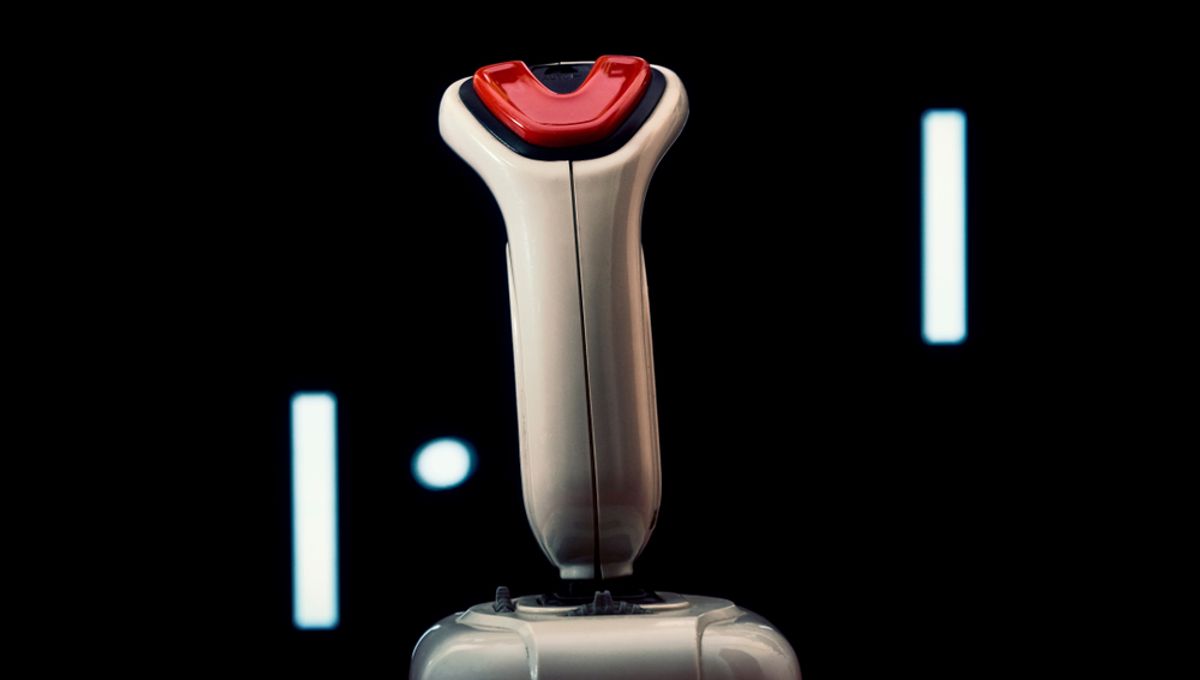
A bunch of brain cells in a dish has learned to play the classic video game Pong, demonstrating that neurons lacking a body are inherently endowed with intelligence. By developing this disincarnate model of sentience, researchers expect to learn more about the fundamental nature of consciousness and open up new possibilities for studying neurological disorders.
“We have shown we can interact with living biological neurons in such a way that compels them to modify their activity, leading to something that resembles intelligence,” said study author Dr Brett Kagan in a statement.
The researchers placed a mix of mouse and human neurons on top of an electrode array that could stimulate the cells and record their activity. When hooked up to a game of Pong, the device provided the neurons with electrical feedback regarding the position of the ball in relation to the paddle, causing the brain cells to coordinate their activity in order to successfully hit the ball.
“Cultures display the ability to self-organize activity in a goal-directed manner in response to sparse sensory information about the consequences of their actions, which we term synthetic biological intelligence,” write the study authors. Impressively, this learning response was observed after just five minutes of gameplay.
Often used as a barometer of intelligence, Pong has previously been mastered by monkeys and other non-human organisms. However, while animals can be taught to play the game via reward-based learning, isolated brain cells don’t respond to treats and must therefore be persuaded to play ball using a more abstract incentive.
According to the researchers, the cells’ motivation to play Pong can be explained using the “free energy principle”, which states that neurons inherently attempt to reduce the unpredictability – or entropy – of their environment.
In the context of Pong, a miss results in greater entropy as the game resets with the ball moving in a random direction. Conversely, a hit causes the ball to move in a predictable direction, thereby reducing the overall entropy within the game.
“An unpredictable stimulus was applied to the cells, and the system as a whole would reorganize its activity to better play the game and to minimize having a random response,” said Kagan. “You can also think that just playing the game, hitting the ball and getting predictable stimulation, is inherently creating more predictable environments.”
In other words, the Ponging cells simply learned to avoid uncertainty, which in this case was achieved by hitting the ball rather than missing it.
The study authors say that their “synthetic biological intelligence” model could revolutionize consciousness research, enabling scientists to conduct disease and drug modeling without having to rely on animal testing or imperfect computational models.
“This is the start of a new frontier in understanding intelligence,” Kagan said. “It touches on the fundamental aspects of not only what it means to be human but what it means to be alive and intelligent at all, to process information and be sentient in an ever changing, dynamic world.”
As a first step, the researchers plan to get their system drunk in order to observe how the neurons organize themselves when boozed up. “We’re trying to create a dose response curve with ethanol – basically get them ‘drunk’ and see if they play the game more poorly, just as when people drink,” said Kagan.
The study has been published in the journal Neuron.
Source Link: Brain Cells Without A Body Have Learned To Play Pong